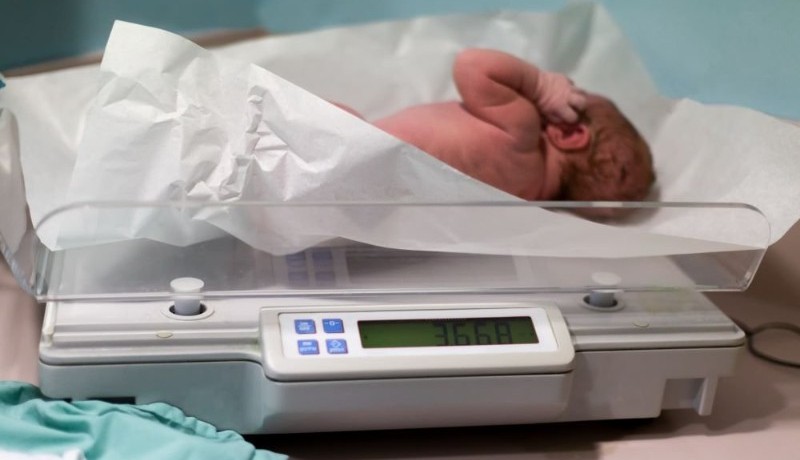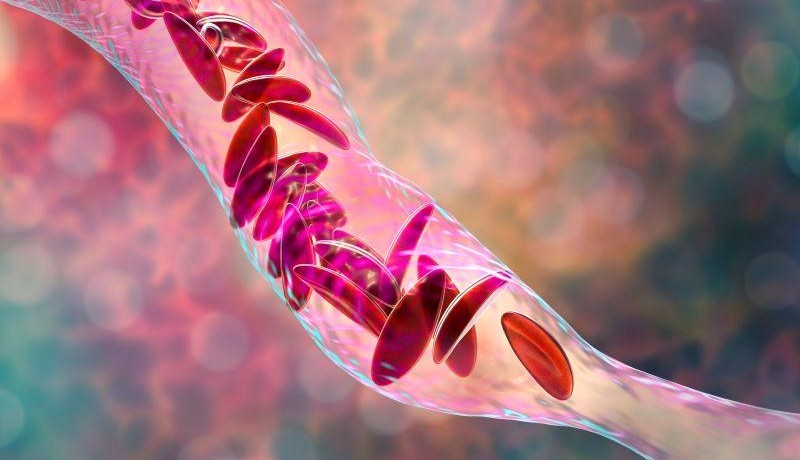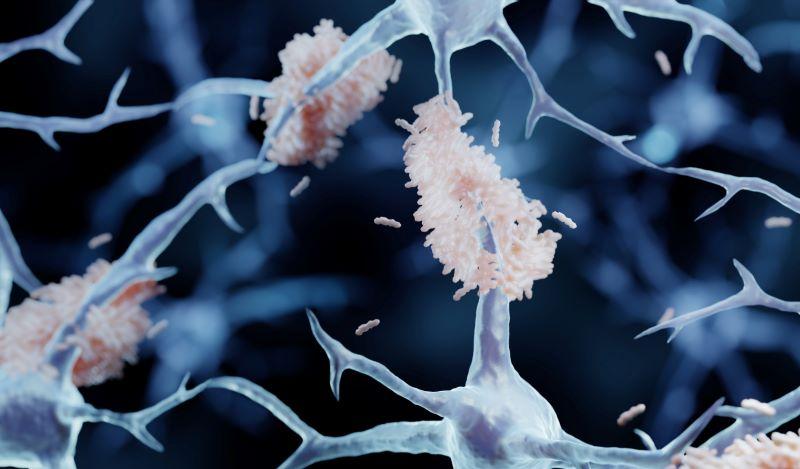The following is a summary of “Dynamic Feedback Between Antidepressant Placebo Expectancies and Mood,” published in the March 2023 issue of Psychiatry by Peciña, et al.
Antidepressant placebo effects were poorly understood despite their high response rates. Therefore, for an acute within-patient cross-sectional study, researchers sought to investigate the neurobehavioral mechanisms underlying the evolution of antidepressant placebo effects using a reinforcement learning (RL) framework.
Participants were patients aged 18 to 55 years not receiving medication for major depressive disorder (MDD). The study was conducted at the University of Pittsburgh between February 21, 2017, and March 1, 2021. The antidepressant placebo functional magnetic resonance imaging task was used to manipulate placebo-associated expectancies through visually cued fast-acting antidepressant infusions and control their reinforcement with sham visual neurofeedback while assessing expected and experienced mood improvement. The trial-by-trial evolution of expectancies and mood was examined using multilevel modeling and RL, relating model-predicted signals to spatiotemporal dynamics of blood oxygenation level–dependent (BOLD) response.
In total, 60 individuals (mean [SE] age, 24.5 [0.8] years; 51 females [85%]) with MDD were included in the study. The results of a Bayesian RL model comparison revealed that antidepressant placebo trial-wise expectancies were updated by composite learning signals multiplexing sensory evidence (neurofeedback) and trial-wise mood (bayesian omnibus risk <0.001; exceedance probability = 97%). In addition, placebo expectancy, neurofeedback manipulations, and composite learning signals modulated the visual cortex and dorsal attention network (threshold-free cluster enhancement [TFCE] = 1 − P >.95). As participants anticipated antidepressant infusions, learned placebo expectancies modulated the salience network (SN, TFCE = 1 – P >.95), positively scaling with depression severity.
The study results suggested that on a timescale of minutes, antidepressant placebo effects were maintained by positive feedback loops between expectancies and mood improvement. During learning, representations of placebos and their perceived effects were enhanced in primary and secondary sensory cortices. Latent learned placebo expectancies were encoded in the SN.
Source: jamanetwork.com/journals/jamapsychiatry/article-abstract/2801972



















